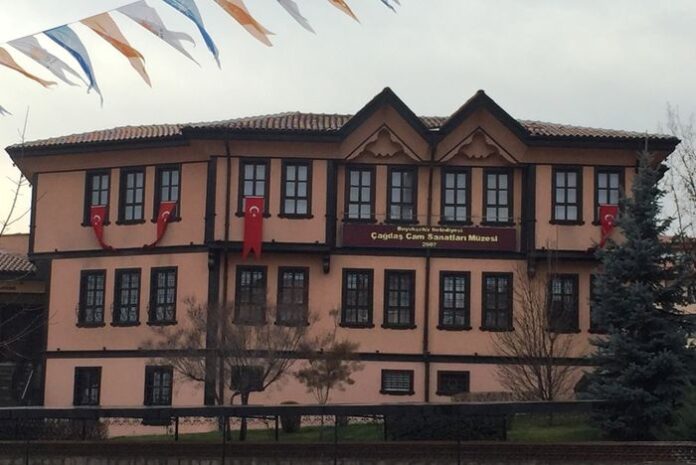The Fatherland Front List
In July 1945, the Soviet authorities in Bulgaria announced that parliamentary elections would be held within a month. However, they also declared that there would be only one official list of candidates, representing the so-called “Fatherland Front.” This was a coalition controlled by the Communist Party, though it included a few smaller allied groups.
Nicholas Petkov, leader of the Bulgarian Peasant Party and still a member of the government at that time, objected to this plan. On behalf of his organization, he submitted a memorandum to the Allied Control Commission in Bulgaria. In it, he asked for British and American supervision of the elections to guarantee free voting, in line with the democratic principles agreed upon at the Yalta Conference earlier in the year The Communist Takeover After September 9 1944.
Forced “Resignation” of Petkov
The Communists reacted with hostility. Without notifying him in advance, they announced that Petkov had “resigned” from his position as deputy prime minister. In protest against this abuse of power, the remaining cabinet ministers from the Peasant Party, the Social Democrats, and the Independent Intellectuals also resigned from the government.
Allied Pressure and Temporary Concessions
British and American Intervention
These developments alarmed the Western Allies. Both Britain and the United States pressured the Soviet Union to ensure at least some degree of fairness in Bulgaria’s political system. Under this pressure, Moscow instructed the Sofia regime to postpone the elections and to allow the opposition parties to participate.
For a short period, conditions seemed to improve. Nicholas Petkov was permitted to re-open his party headquarters and to publish a newspaper that expressed his views. Opposition voices briefly gained some space in public life Customized Private Turkey Tours.
Return to Communist Control
These changes, however, were short-lived. In open violation of the earlier promises, the Communist-dominated government announced that elections would still be held on November 18, 1945. By then, the opposition had no confidence in the process. The Peasant Party, Social Democrats, and other groups decided to boycott the elections, leaving only the Communist-controlled Fatherland Front on the ballot.
As expected, the official list won a landslide victory. The elections marked a decisive step toward the creation of a one-party state.
The Moscow Conference and Limited Compromise
International Negotiations
In December 1945, the United States, the United Kingdom, and the Soviet Union met at the Moscow Conference to discuss the situation in Eastern Europe and the Balkans. The Western powers pushed for some recognition of the Bulgarian opposition. The Soviets, however, insisted on maintaining their control.
The final compromise was weak. It required that only two representatives from opposition parties be included in the Communist-dominated government. This token concession did little to change the overall political situation in Bulgaria.
The Liquidation of Political Opponents
Vishinsky’s Mission
In January 1946, Soviet Deputy Foreign Minister Andrei Vishinsky arrived in Sofia to enforce the Moscow decision. He personally met with Nicholas Petkov, now the leader of the United Democratic Opposition. Vishinsky made it clear that Petkov must accept Stalin’s orders and cooperate with the Communist regime.
Petkov, however, refused. He replied that he had never taken instructions from any foreign authority, only from the Bulgarian people and his own party. His courage inspired others. The Social Democratic leader Kosta Lulchev also refused to enter the government under such conditions.
The events of 1945 and early 1946 showed how the Bulgarian Communists, with Soviet backing, gradually eliminated democratic opposition. Elections were manipulated, opponents were silenced, and foreign pressure from Moscow determined the course of events. Though small concessions were made to appease Britain and the United States, they did not prevent Bulgaria from moving rapidly toward a Communist dictatorship under Soviet control.








